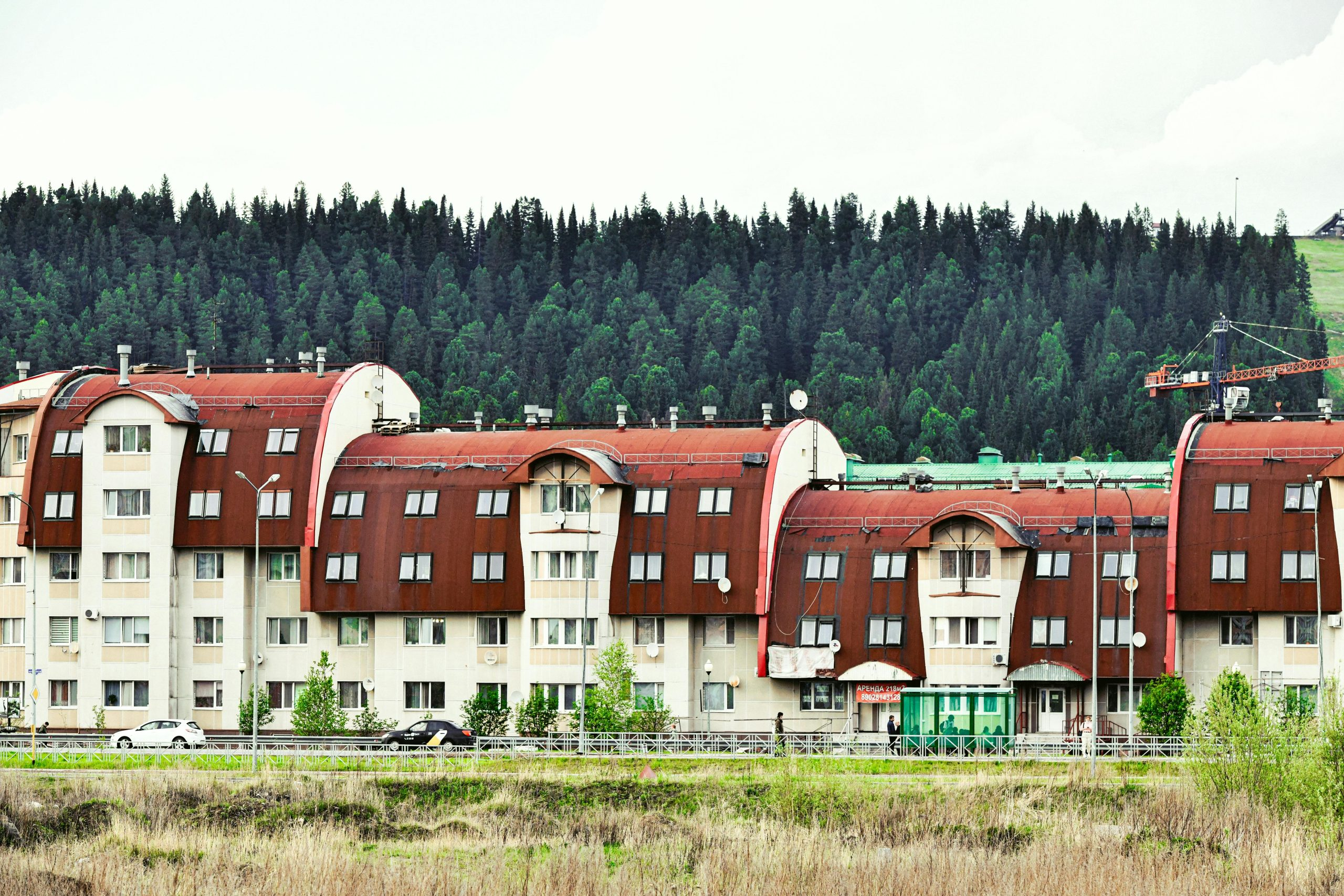The future of housing is modular and sustainable
Over the years, the housing industry has witnessed a significant transformation, from traditional brick and mortar houses to more modern, flexible and sustainable homes. With the increasing demand for affordable and environmentally friendly housing, the future of housing is now being shaped by modular and sustainable technology. This trend is rapidly gaining popularity worldwide, and it is projected to revolutionize the housing sector in the coming years. In this article, we will dive into the world of modular and sustainable housing and explore its potential to build a more sustainable future.
The Concept of Modular and Sustainable Housing
In simple terms, modular housing refers to the process of constructing homes using prefabricated modules or sections that are built off-site and then assembled on site. These modules or sections are built in a factory-like setting and are usually transported to the building site for assembly. On the other hand, sustainable housing refers to homes that are designed to reduce the negative impact on the environment and maximize energy efficiency. The incorporation of modular technology in building sustainable homes has increased the efficiency and reduced the cost of construction.
The Advantages of Modular and Sustainable Housing
1. Time and Cost-efficient
One of the main advantages of modular and sustainable housing is its speed of construction. Since the modular sections are manufactured off-site in a controlled environment, there are no delays due to weather conditions or other on-site issues. This results in a significant reduction in construction time, thereby making it more cost-efficient. Additionally, the use of sustainable materials in modular housing leads to lower maintenance costs in the long run, making it a more cost-effective housing option.
2. Flexibility and Customization
The modular construction process allows for a high level of flexibility and customization. Homeowners can choose from a variety of designs, layouts, and finishes to suit their unique preferences and needs. This level of customization is not possible with traditional construction, making modular homes a more attractive option for those looking for a personalized living space.
3. Energy Efficiency and Sustainability
Sustainability is a major concern in today’s world, and modular housing offers a solution to build eco-friendly homes. The use of sustainable materials, such as recycled steel and wood, in the construction of modular homes reduces the environmental impact of the building process. Additionally, these homes are built with energy efficiency in mind, using materials and techniques that reduce energy consumption and promote sustainable living.
4. Durability and Quality
The controlled environment in which modular homes are built ensures a high level of quality control. The use of advanced technology and materials in the construction process results in homes that are highly durable and of superior quality. Moreover, the materials used in modular homes are resistant to pests, mold, and extreme weather conditions, making them a more reliable long-term housing option.
The Future of Housing is Modular and Sustainable
With the increasing global focus on sustainability and the need for affordable housing, modular and sustainable housing is undoubtedly the future of the housing industry. This technology has the potential to address current housing challenges, such as the shortage of affordable homes and the impact of traditional building practices on the environment.
Moreover, the constantly evolving modular and sustainable technologies promise to make housing more affordable, convenient, and sustainable. With the ability to quickly construct homes in a variety of designs and styles, modular housing is poised to provide affordable options to people from all walks of life.
Conclusion
Modular and sustainable housing is a revolutionary concept that is transforming the way we build homes. With its numerous advantages, such as cost-efficiency, sustainability, and customization, it is no surprise that this trend is rapidly gaining popularity. The future of housing lies in the hands of modular and sustainable technology, and it is exciting to see how it will continue to shape the housing industry and build a more sustainable future.










